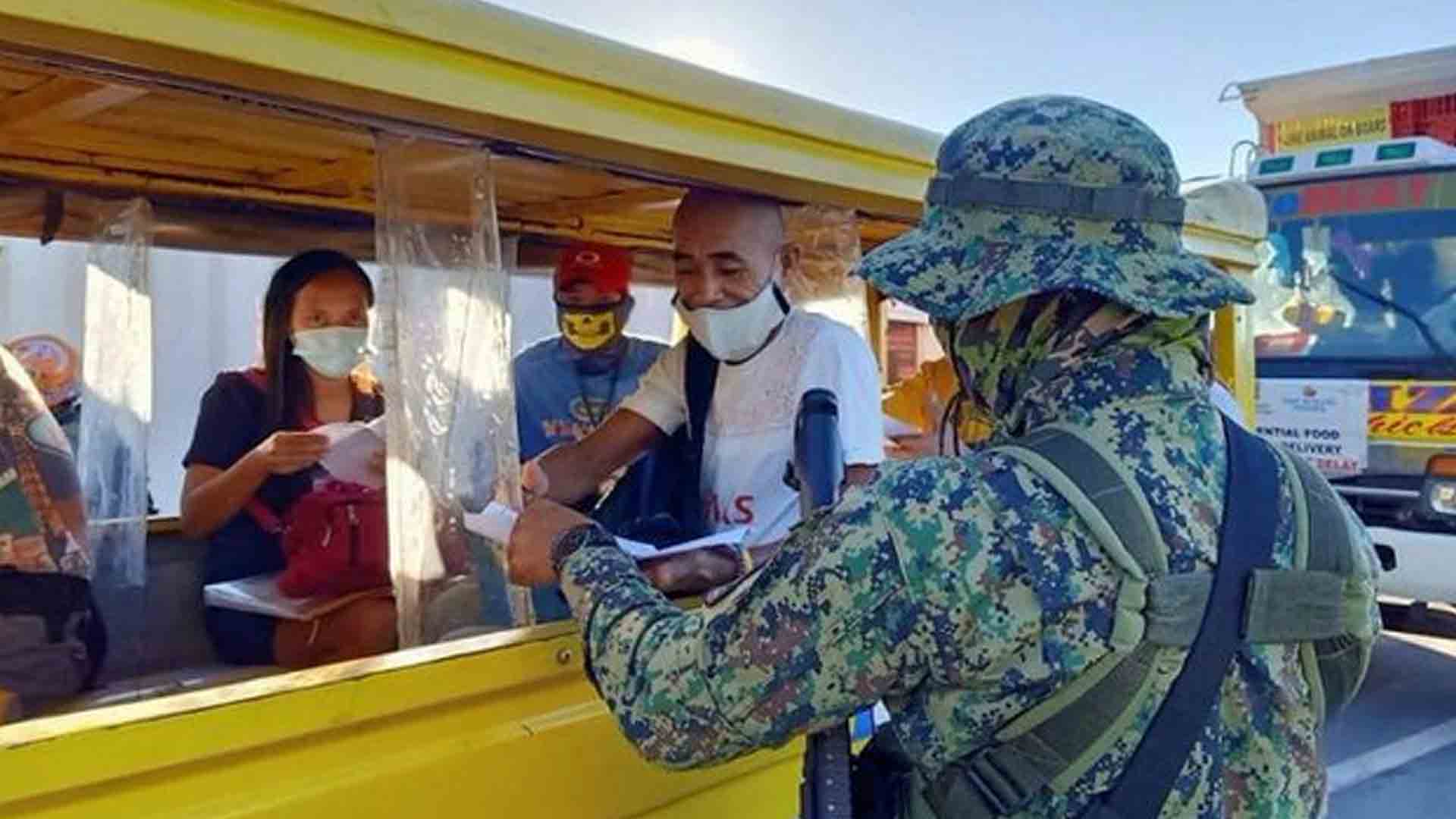There is no need to revert to a stricter community quarantine classification in Metro Manila despite surge in Covid-19 cases, Malacañang said Monday.
Presidential Spokesperson Harry Roque said a stricter quarantine status is not yet necessary since the country’s current healthcare capacity is able to handle the rise in Covid-19 cases.
“For the month of March, I don’t think it is called for. Bakit po? Kasi talagang datos po ang ating pinagbabasehan (Why? Because data is our basis),” he said in a Palace press briefing.
Citing data from the health department, Roque said 60 percent of 1,900 intensive care unit (ICU) beds are still available while 65 percent of 13,500 isolation beds remain unoccupied and 75 percent of 6,000 ward beds are also still vacant.
Roque emphasized the need for local government units (LGUs) to step up on their efforts to test, trace, and treat.
“Inaatasan na po natin ang lahat kasama na po ang ating mga lokal na pamahalaan na hindi lang paigtingin ang ating minimum health standards, ipatupad na po natin iyong ating institutional isolation ng mga nagkakasakit. Kinakailangan paigtingin na natin iyong ating tracing at kinakailangan i-isolate din natin iyong mga tao na nagkaroon na ng close contact at bigyan ng [polymerase chain reaction] test iyong mga taong nagkaroon na ng close contact (We direct the local governments not just to enhance the implementation of minimum health standards, but also implement institutional isolation of those infected. We need to enhance tracing and isolation of those with close contact and give PCR tests to those who have had close contract),” he said.
He said LGUs also have the power to impose localized or granular lockdowns in areas with a surge in Covid-19 cases.
“Iyong kalye, iyong bahay, iyong compound na mayroong mga maraming sakit, i-lockdown ninyo na po iyan dahil iyan po talaga ang ating istratehiya ngayon (Implement a lockdown in the street, house, compound with high cases because that’s really the strategy now),” he added.
Roque said the Philippine economy could not afford to revert to a stricter community status as many were going hunger and between jobs.
Former Health Secretary Manuel Dayrit, for his part, attributed the surge in Covid-19 cases to a drop in compliance with minimum health and safety standards.
“Ang tingin ko (I think) the surge is actually due to a drop in compliance, which we can fix, and also an increase in mobility. Diyan natin kailangan ibalanse (That’s what we need to balance) because we want to open the economy,” he said.
Roque appealed to the public not to get tired observing minimum health standards such as wearing of face masks and face shields, frequent hand-washing, and physical distancing.
“Aking pakiusap, huwag po kayong mapagod kasi ngayon ay nandito na ang bakuna, narito na iyong simula ng katapusan ng ating problema (Our appeal is, don’t get tired because the vaccine is here, this is the beginning of the end of our problem),” he said.
Roque, meanwhile, urged frontline medical workers to get vaccinated against Covid-19.
On Sunday, the OCTA Research group said Metro Manila saw an average of 1,025 new cases per day in the past week, translating to a 42 percent increase in new cases from the previous week.
Compared to two weeks ago, the average number of new infections increased by 130 percent, it added.
This data echoed the increase in cases seen in July 2020, when the Philippines saw a deadly surge in cases that nearly crippled the country’s health system.
The group warned that the Philippines may see 6,000 new Covid-19 cases daily by March 31 if the surge is not managed.
Metro Manila, Apayao, Baguio City, Kalinga, Mountain Province, Batangas, Tacloban City, Iligan City, Davao City, and Lanao del Sur have been placed under the stricter general community quarantine (GCQ) until March 31.
The rest of the country is already under most relaxed modified GCQ. (PNA)








